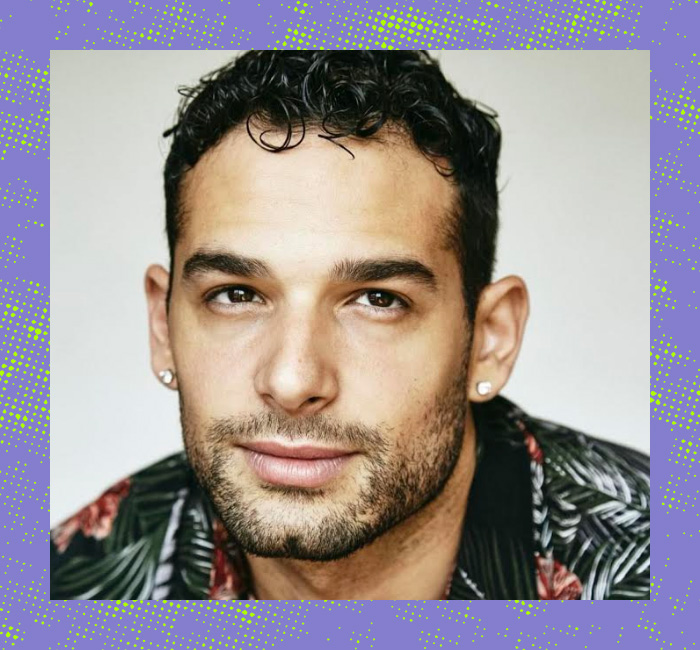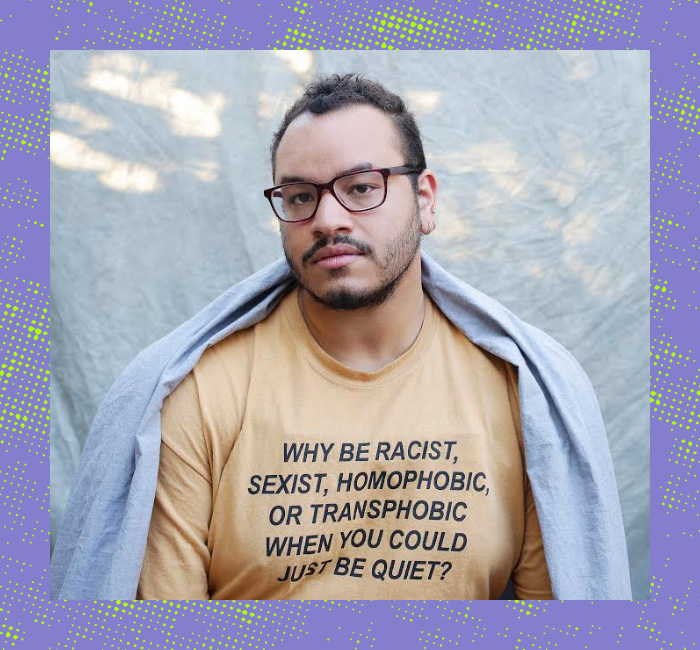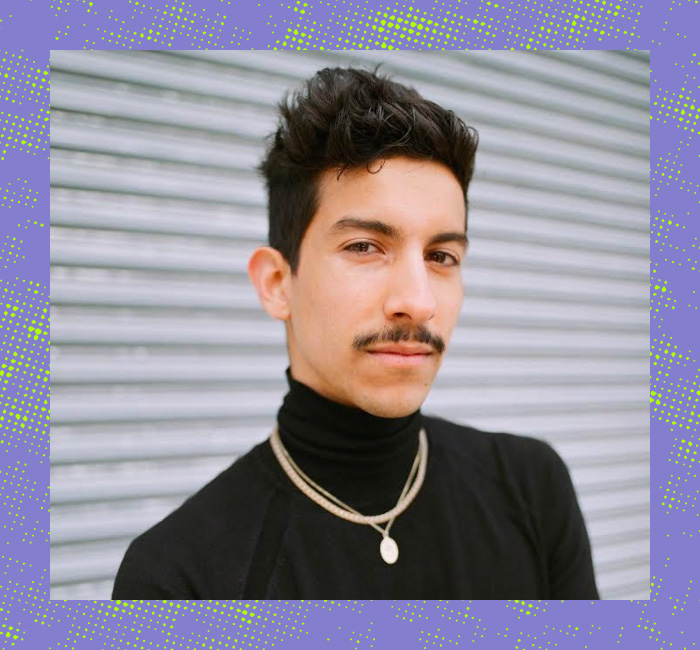Johnny Sibilly

Johnny Sibilly, an actor and social media personality currently appearing on FX’s POSE, grew up alongside the women in his family, because he admired their strength, vocalness, and vibrancy. He wanted to learn more about them, so he stuck close. When any male figures in his family saw him around women, they’d encourage him to play with the boys – almost as if they suspected he was queer and wanted to stop it.
As Johnny grew up, the men in his family never spoke about their feelings because they were under the impression that emotions are solely a woman’s domain. And sometimes, because machismo is so ingrained in our culture, he resolved his issues with his fist. During our conversation, Johnny recounts a memory that at one time brought him gratification: “One of the times I felt the best about my masculinity is when a kid that used to make fun of me for being gay in school, I stood up to him one day and beat him up. I felt so proud being able to tell my mom and dad that I won the fight, because I felt like they would like me better for some reason. I always tried to be what they wanted – until I didn’t anymore.” This is representative of the ways queer youth look for acceptance in their families and allow masculinity to take over.
Eventually, he found another outlet. “I found drama club,” he adds. “I found a place where I could put my feelings into.”
Earlier this year, Johnny starred in YouTube series Drag Babies, where he played the drag daughter to famed drag queen, Peppermint. Just as it took him some time to fully embrace himself, it took his mom some time to get there. “My mom was uncomfortable the first time she saw me in drag, and then the other day she called to tell me how much she loved me and the show,” he says. “It warmed my heart not just because I felt accepted, but because I saw that there was growth. Even at the age she was at, she was able to move past her own preconceived notions and accept that I was being creative, that I was her son, and that I was talented. I think all people have opportunities to grow, it’s just if they allow themselves to do so.”


